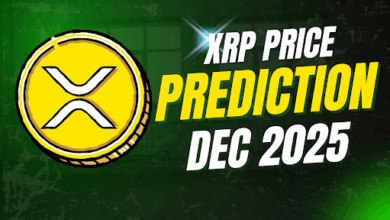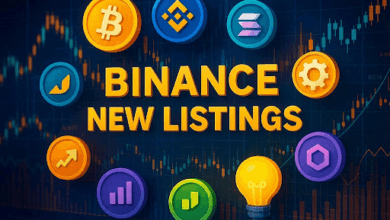BBVA Adopts Ripple for Digital Asset Custody
BBVA to use Ripple tech for retail digital asset custody under EU MiCA regulations.

- BBVA to leverage Ripple for custody services
- Service aligns with EU MiCA crypto rules
- Retail clients to benefit from secure asset storage
Spanish banking giant BBVA is set to integrate Ripple technology for its retail digital asset custody services. This move comes as Europe tightens its regulatory framework under the Markets in Crypto-Assets (MiCA) law, which sets strict standards for institutions dealing with cryptocurrencies.
By adopting Ripple’s custody infrastructure, BBVA aims to provide its retail customers with a secure and compliant way to hold digital assets such as Bitcoin, Ethereum, and tokenized assets. The development marks one of the first major steps by a European bank to merge traditional finance with blockchain solutions for everyday investors.
Why Ripple Digital Asset Custody Matters for Banks
Custody services are essential in the financial sector, especially as demand for digital assets grows. Ripple’s technology offers banks a scalable, compliant, and efficient system to manage custody operations.
With MiCA introducing new licensing requirements, banks like BBVA need reliable partners to ensure they meet all standards. Ripple digital asset custody solutions help bridge the gap between strict regulation and growing retail demand for crypto investment products.
This partnership could also open the door for more banks in Europe to follow suit, boosting the adoption of blockchain-based infrastructure within the regulated financial system.
What This Means for Retail Investors
For BBVA’s retail customers, Ripple digital asset custody brings peace of mind. Storing crypto securely has always been a challenge for everyday users, with risks such as exchange hacks and wallet mismanagement. With a trusted bank providing custody backed by Ripple’s blockchain expertise, retail clients gain access to a safe, regulated, and user-friendly way to invest in digital assets.
This step reflects a broader shift in the financial world: traditional banks are no longer ignoring crypto, but actively embracing it under the guidance of EU regulations.
Read Also :
- Shiba Inu Price Prediction Is Bearish, Pengu Is Bullish, and DeepSnitch AI Looks Like 100x Potential
- Dogecoin Price Prediction December 2025: Strive Bitcoin Bet Fuels DOGE Chart Outlook, DeepSnitch AI Presale Surges Past $725K
- XRP Price Prediction Is Bullish as US Banks Get Crypto Clearance, but DeepSnitch AI Explodes 80% on 100% Bonus Offer Valid Until New Year’s Day
- Solana Price Prediction for 2026 Shows a Likely Recovery, but for DeepSnitch AI, the Signs Are of a Likely 100x Eruption
- The Latest Binance New Listing Announcements: DeepSnitch AI Might Top the Chart with $740K+ Raised



